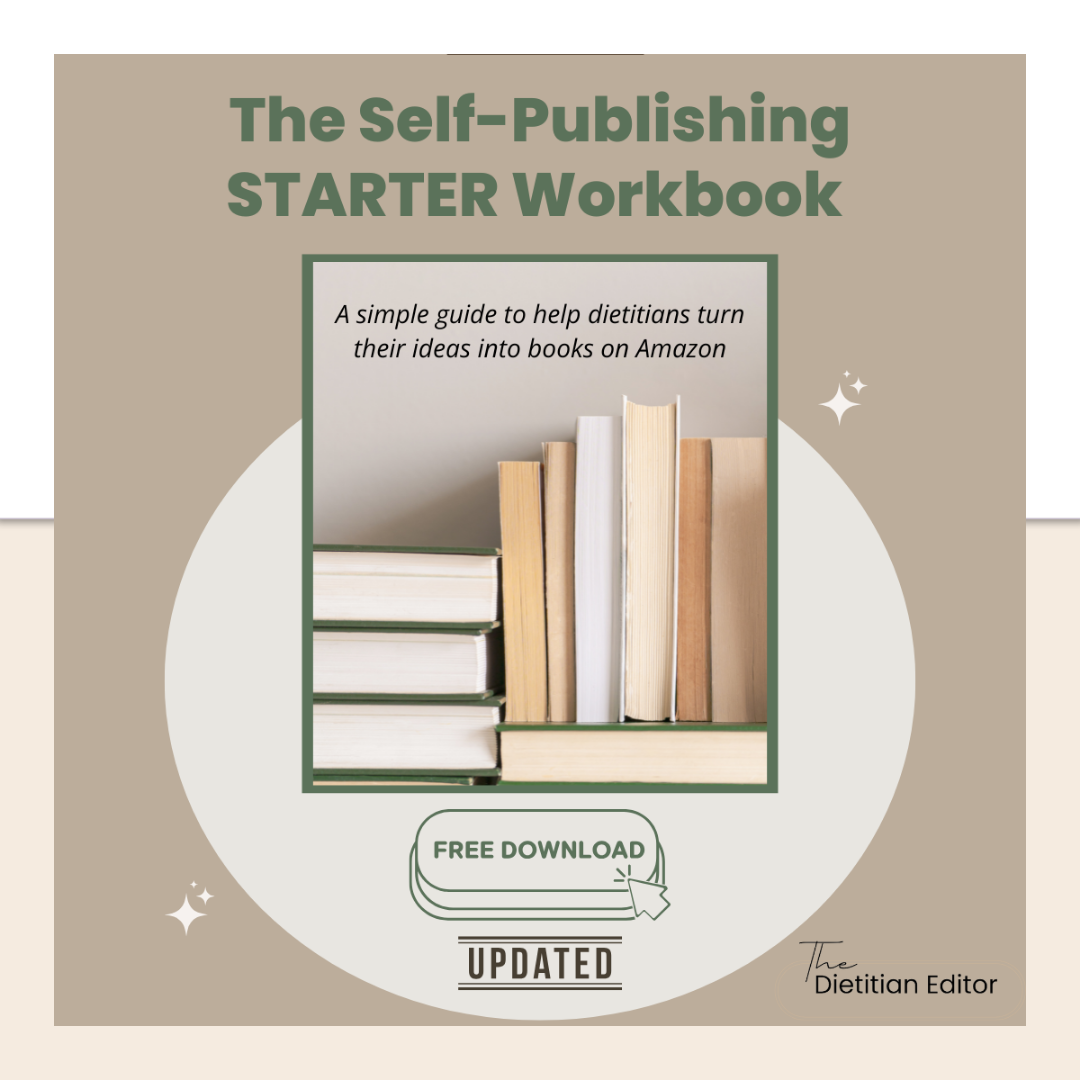Becoming a writer is a dream that many dietitians have, but taking those initial steps can be daunting, especially for beginners. Whether you aspire to write non-fiction books, short stories, or content for websites, this guide will help you get started with how to become a writer for beginners. We’ll cover essential aspects such as developing your writing skills, finding your voice, establishing a writing routine, and navigating the world of publishing.
Part 1: Discovering Your Passion
Explore Various Writing Forms
Before diving in, take some time to explore different writing forms. Try your hand at short stories, essays, or journaling. Experimenting with various genres will help you identify where your passion lies.
Read Widely
Great writers are avid readers. Read books from different genres and time periods to expand your knowledge and appreciation of literature. Pay attention to writing styles and techniques.
Keep a Journal
Start journaling to cultivate the habit of writing regularly. Write about your thoughts, experiences, and observations. This practice will help you become more comfortable with putting your thoughts on paper.
Part 2: Building Writing Skills
Grammar and Spelling
Invest time in improving your grammar and spelling. Clear and correct writing is essential for effective communication.
Vocabulary
Expand your vocabulary by reading and learning new words. Use a thesaurus to find synonyms and enrich your writing.
Writing Exercises
Engage in writing exercises and prompts to sharpen your skills. Many books and websites offer daily or weekly prompts to stimulate creativity.
Part 3: Finding Your Voice
Be Authentic
Your unique voice is your greatest asset. Don’t try to mimic other writers. Write authentically, and your distinct style will emerge.
Write from the Heart
Connect with your emotions and experiences. Writing with genuine emotion will resonate with readers.
Revise and Edit
Don’t be afraid to revise and edit your work. Finding your voice is an evolving process that requires refinement.
Part 4: Establishing a Writing Routine
Set Goals
Determine your writing goals, whether it’s a word count, chapters per week, or a specific project completion date.
Create a Writing Schedule
Establish a routine that suits your lifestyle. Whether you prefer early mornings or late nights, consistency is key.
Find Your Writing Space
Designate a comfortable and inspiring space for writing. It could be a cozy corner, a coffee shop, or a dedicated home office.
Eliminate Distractions
Minimize distractions during your writing time. Turn off notifications, disconnect from social media, and focus solely on your writing.
Part 5: Navigating the Publishing World
Research Markets
Understand the publishing options available, including traditional publishing, self-publishing, and online platforms like Medium.
Submit Your Work
If you’re pursuing traditional publishing, research literary agents and publishers, and prepare query letters and book proposals.
Self-Publishing
If you choose to self-publish, learn about the self-publishing process, like Amazon Kindle Direct Publishing, including formatting, cover design, and marketing.
Online Presence
Establish an online presence through a website or social media. Building a following can help you connect with potential readers and publishers.
Part 6: Seek Feedback and Improvement
Join Writing Groups
Participate in writing groups, workshops, or online communities where you can share your work, receive feedback, and learn from others.
Embrace Rejection
Rejection is a part of the writing journey. Use rejection as motivation to improve and continue submitting your work.
Learn from Criticism
Welcome constructive criticism and be open to improving your writing. Critique is an opportunity for growth.
Becoming a writer for beginners is an exciting and fulfilling endeavor. It requires dedication, practice, and a willingness to learn and grow. Remember that every writer’s journey is unique, and there is no one-size-fits-all approach. By discovering your passion, honing your skills, finding your voice, establishing a routine, navigating the publishing world, and seeking feedback, you can embark on your path to becoming a successful writer. Embrace the challenges and enjoy the journey as you bring your words and stories to life.







0 Comments